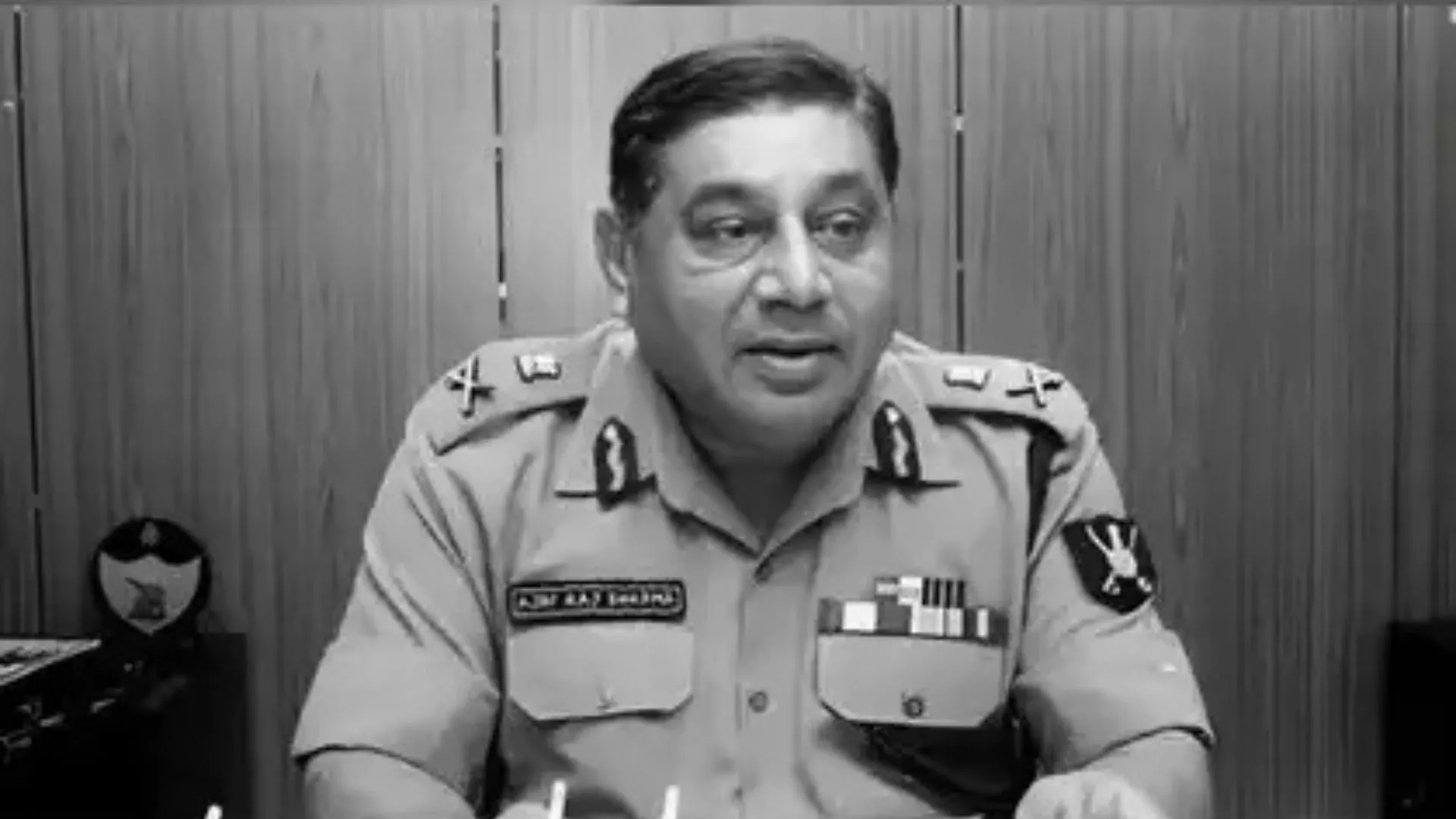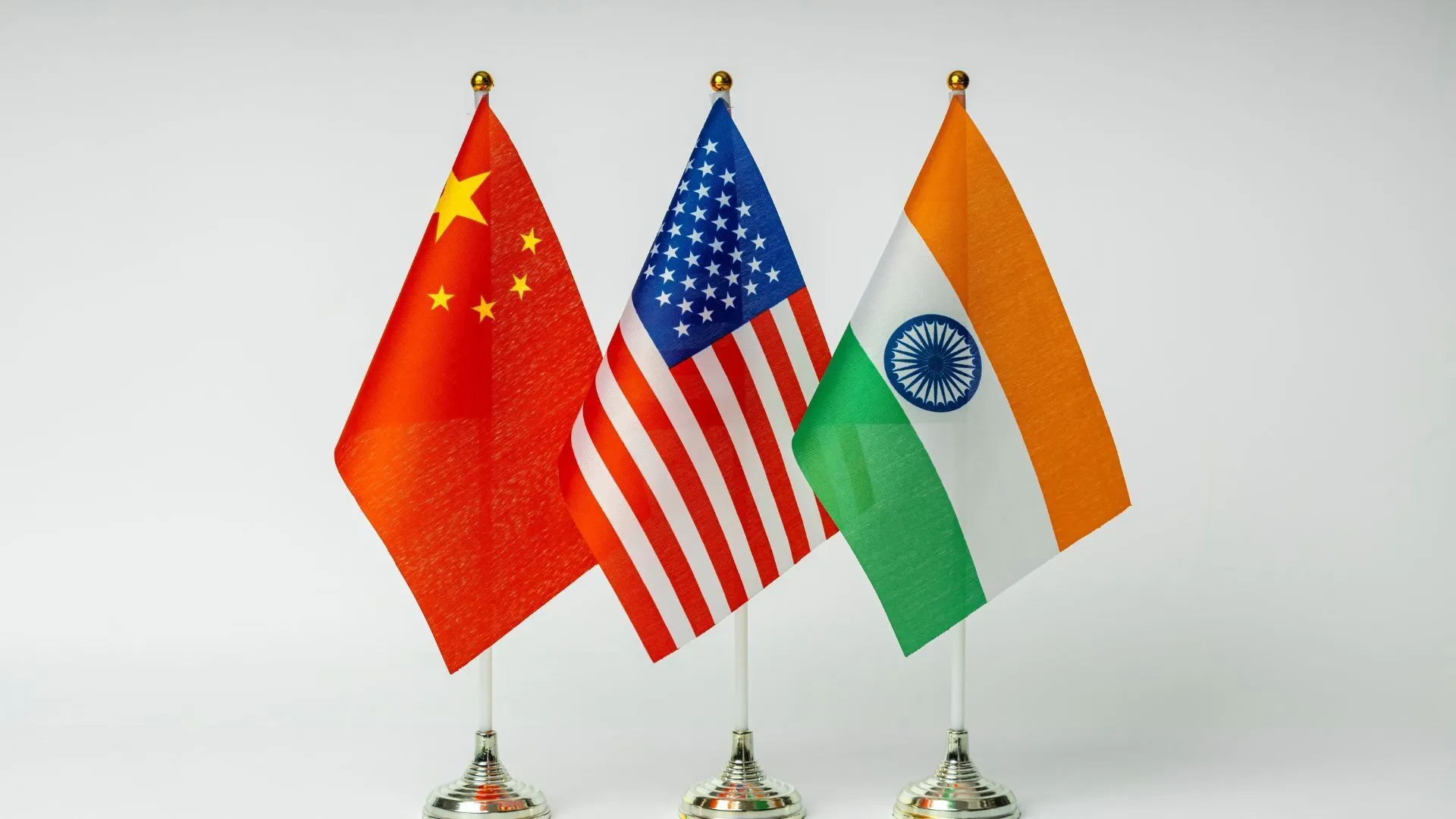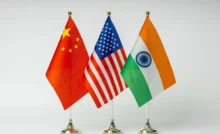Without doubt, Ajai Raj Sharma, who passed away on Monday, was amongst the most distinguished police officers in the country. A former Delhi Police Commissioner and Head of the Border Security Force, he spent more time in the field than anyone else in the IPS.
Therefore, it was no wonder that his exploits, in the form of a book he wrote some years ago, demonstrate the kind of cop he was. Often referred to by many of his contemporaries as “The Dirty Harry’’, Sharma served in the most difficult districts of Uttar Pradesh such as Agra, Farukkhabad, Banda, Allahabad, Varanasi and Meerut.
He had been handpicked by two Chief Ministers while he was in Uttar Pradesh to bring back some semblance in the State. Hemwati Nandan Bahuguna had asked Sharma to eliminate Jarman Singh, a dreaded dacoit, who had even challenged the might of the State in Farukkhabad. He not only accomplished the task but also broke the backbone of the gang which had created a reign of terror.
Kalyan Singh had similarly engaged him to take out Siri Prakash Shukla, the young outlaw from Gorakhpur, who during his brief career had accepted a supari to finish off the CM. Shukla was tracked through his mobile phone and killed in an encounter on the Delhi-Ghaziabad border. Sharma used to often speak about the importance of informers, who essentially were the most effective tools of any police department. They helped in gathering local intelligence and often provided tips which were necessary and vital.
It was because of such a tip off that Jarman Singh had been wiped out. He would also tell young officers that there was no short cut to policing which involved extensive ground work and field experience. Without being there themselves, they should not expect that the force would perform. The men had to be led from the front and that is what Ajai Raj Sharma did in his entire life.
He had come to Delhi police when there appeared to be a divide amongst the seniors. He was a 1966 batch IPS officer who was brought to Delhi by the then Home Minister Lal Krishan Advani to streamline the functioning of Delhi police. There were many who did not give him much of a chance since they considered him to be “an outsider’’ little realizing that he was the finest of the finest and could instill a professional belief in the force. It was with in no time that he asserted his supremacy and brought in the much-needed discipline so work as work ethics goes.
He was at the helm of affairs when the Parliament attack took place in 2001 and was also looking after the investigations of the Cricket scandal that broke out during the period when South African skipper Hanse Kronje was named as an accused in the betting and match fixing racket. A man with a deep sonorous voice, Sharma was never reluctant to call a spade a spade and his no nonsense approach earned him the respect of one and all.
He may have not been as celebrated as many of his IPS colleagues, but so far as performance and work was concerned, he was second to none if not better than many. Sharma, had a love for the uniform and also a special respect for the customs and traditions.
He would never miss out on the Delhi police raising day and even when he was unable to walk due to a knee surgery which may have been botched, he always showed up at events. My last meeting with him took place by chance some months ago at Khan Market where he was moving around with assistance, but was all the same very much enjoying his outing. He had so many anecdotes to narrate, and each one can serve as a lesson for younger colleagues.
Many of his stories were put together in a book, ‘Biting the Bullet’, published by Rupa and which was released by former Delhi Lt. Governor Vijai Kapoor at the India International Centre. Kapoor was generous in his praise for Sharma’s competence and ability and even after hearing about his passing away, stated there were not many in the police who could match him in any manner. These words coming from an accomplished bureaucrat like Kapoor carry a lot of weight. Sharma’s three years in office were also amongst the best the Delhi police had, and the force improved tremendously during his tenure.
A proud Brahmin, Sharma would often greet others from his community by invoking the name of Lord Parshuram. It did not mean that he did not care for other castes which were as important to him as his own when it came to a professional approach. In his eyes, law was equal for everybody.
Like every other force, the Delhi police has evolved with the passage of time. Officers have come and gone, with some of them also leaving their distinct imprint. Sharma’s tenure was exceptional and for an outsider to come and tame a force which always considered itself to be a cut above the rest, was a no mean achievement.
Sharma shall be remembered for his courage, devotion and professionalism. He was admitted to a hospital in Noida where he breathed his last. His police acumen and his book should serve as a guide to young officers of every rank. His life was dedicated to Khaki. Shall miss you Sir. Rest in peace.










